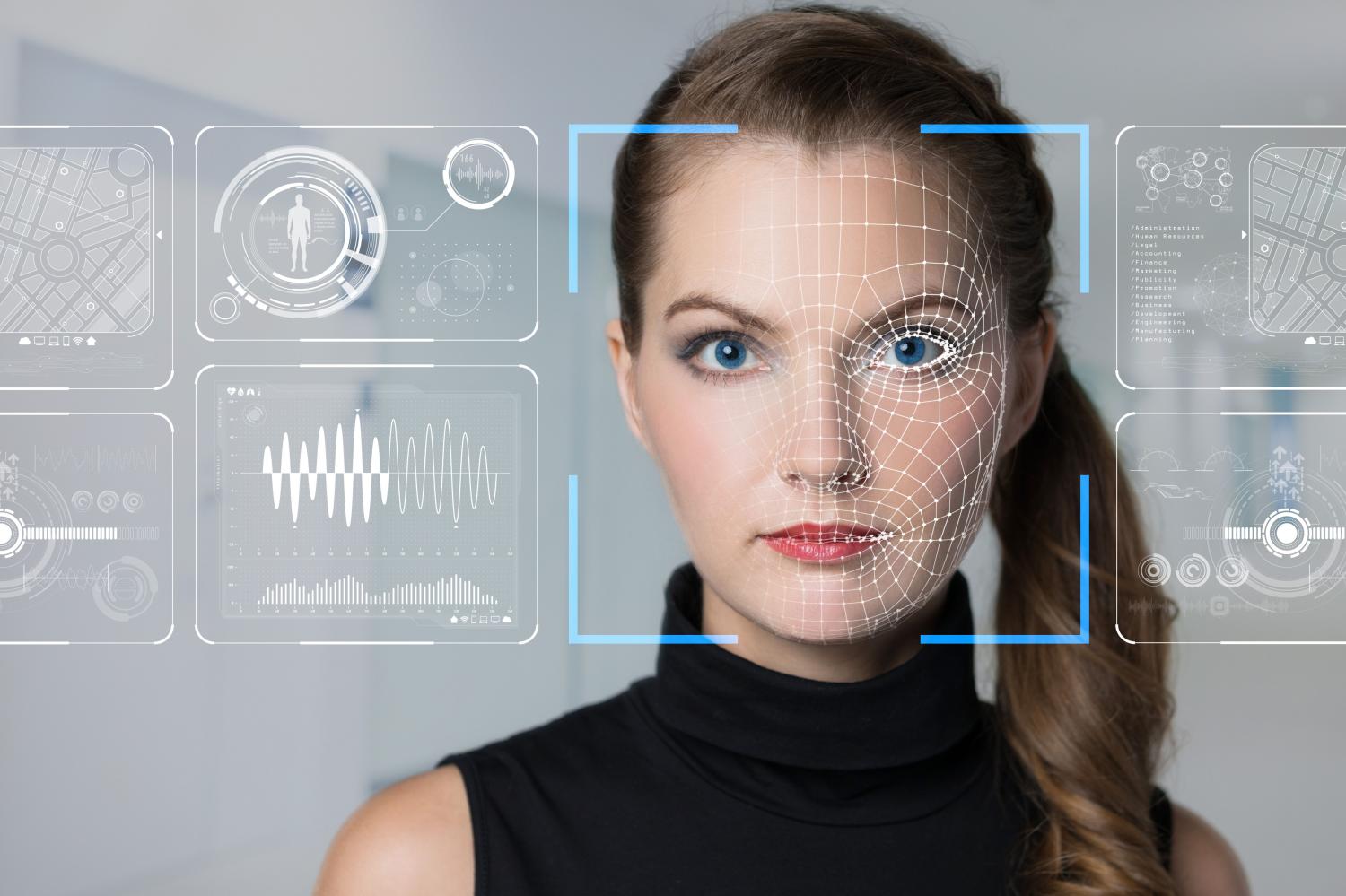This is a Brookings Center on Regulation and Markets working paper.
executive Summary
Artificial intelligence (AI) technology has been hailed as the basis for a “fourth industrial revolution” that will drive economic growth in the years to come. But the technology has also brought new challenges to the fore. It might undermine democracies, enhance autocrats’ aims of social control, and empower “surveillance capitalists.” In China in particular, facial recognition AI supports its surveillance state, and frontier innovation in this technology has benefited from access to large-scale government datasets and government demand.
Given that facial recognition AI can be exported, what are the international ramifications of China’s emergent leadership in this surveillance technology? We collect global data on facial recognition AI trade deals and document two facts. First, China has a comparative advantage in this surveillance technology. It is substantially more likely to export facial recognition AI than other countries, and particularly so as compared to other frontier technologies. Second, we find that autocracies and weak democracies are more likely to import facial recognition AI from China, in particular those lacking domestic AI investment or experiencing political unrest. No such political bias is observed in AI imports from the U.S. or in imports of other frontier technologies from China.
To the extent that China may be exporting its surveillance state via trade in AI, this can enhance and beget more autocracies abroad. Regulations of AI trade should thus be framed around regulations on products with global externalities.
Download the full working paper here.
The Brookings Institution is committed to quality, independence, and impact.
We are supported by a diverse array of funders. In line with our values and policies, each Brookings publication represents the sole views of its author(s).








